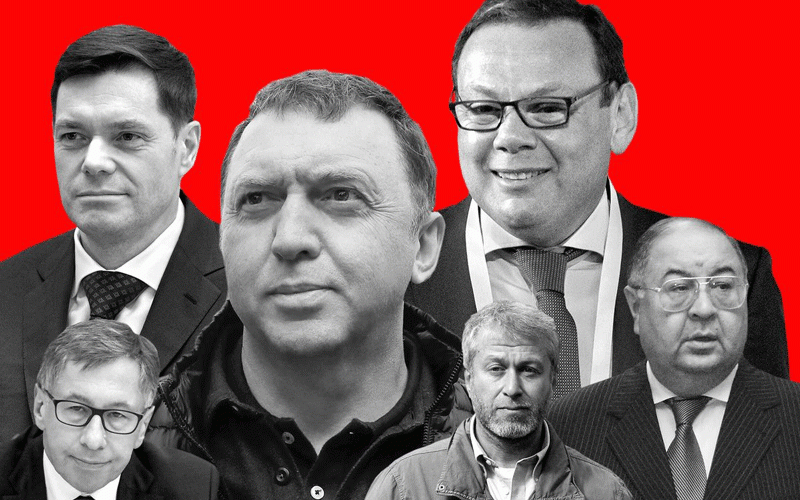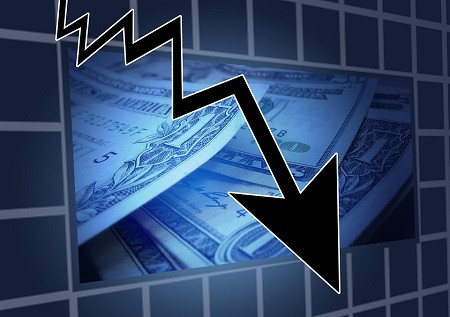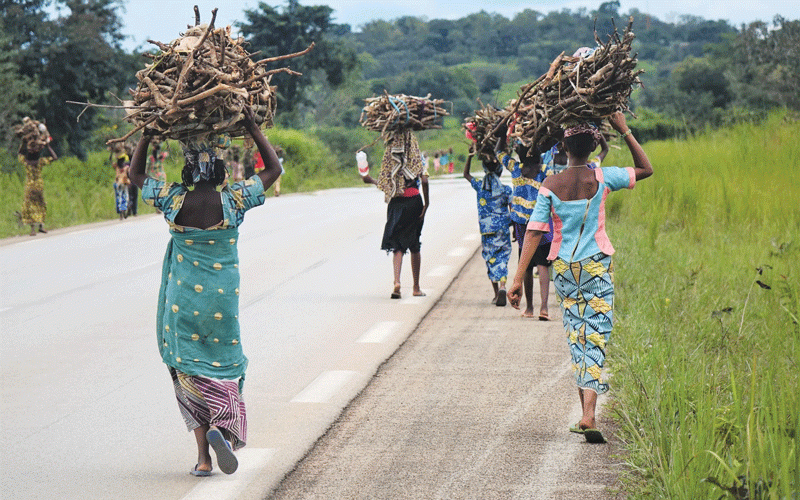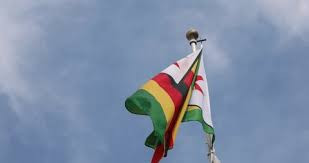
AMID the revulsion caused by Russia’s invasion of Ukraine on February 24 2022, the Western powers along with the Nato governments imposed sanctions on Kremlin and on Russian elites, proxies and oligarchs.
The filthy rich Russian oligarchs were particularly targeted for censure because they form the backbone of President Vladimir Putin’s kleptocratic network, which is bankrolling and therefore sustaining a brutal war in Ukraine.
The stated goal of throttling the Russian oligarchs has been to break Putin’s financial centre of gravity, hoping that this will compel him to end the unjust war in Ukraine. However, the efficacy of this strategy remains in doubt although it is certainly hurting the Russian elites, proxies and oligarchs as well as their families.
Klepto capture taskforce
As is the case with oligarchs elsewhere in the world, the Russian oligarchs’ illicit wealth is not held in the sanctioned Russian banks. Instead, it is stashed in international financial hubs such as Paris, London, New York, and Dubai among others.
These wealthy Russians also own several yachts (sailing vessels used for pleasure), private jets, villas and luxury real estate across the globe.
As noted, their assets are currently being hunted high and low by the Western powers alongside Nato governments. On March 2 2022, the US Department of Justice launched an interagency taskforce dubbed ‘KleptoCapture’ led by the federal prosecutor Andrew Adams to identify and freeze the illicit assets of sanctioned Russian elites, proxies and oligarchs.
So far, several seizures and forfeitures of assets and bank accounts belonging to Kremlin-linked oligarchs have been made. These include over US$30 billion among which is the US$5,3 million belonging to Konstantin Malofeev, a Russian oligarch and close ally of Putin.
- Africa is paying dearly for the Russian/Ukraine conflict
- Power cuts: Zesa sleeping on duty
- ‘School of funeral assurers a priority’
- What if nations fail on climate change adaptation?
Keep Reading
Freeze and seize taskforces
The KleptoCapture taskforce works in close cooperation with the UK as well as the EU’s Freeze and Seize Task Force. The EU member states have on their own pounced on a number of Russian assets in their jurisdictions.
For instance, Germany has seized a super-yacht belonging to Alisher Usmanov, who is one of the richest businessmen in the world whose net worth is estimated to be US$19,5 billion.
On the other hand, the UK has sanctioned the assets of the owner of Chelsea Football Club Roman Abramovich, and the French authorities have confiscated US$120 million from Igor Sechin, who is the head of Russian state-owned oil giant-Rosneft.
Collectively, this has triggered a financial earth tremor for the Russian oligarchs but they cannot pressurise Putin to abandon his bellicose adventure in Ukraine.
A mere mention of that may invite severe punishment for themselves, their families and their businesses. Very few of them like Oleg Tinkov, who founded Russia’s Tinkoff Bank, have renounced their allegiance to Putin. Otherwise the rest of them are currently trying to hide their assets away from the reach of the illicit- asset hunters.
In this context, Africa is seen as the potential sanctuary for the troubled oligarchs given its historical ties with ex-Soviet Union.
Heading towards Africa for refuge
Despite the fact that Russia is an economic light weight when compared with global powers such as the US, the UK, the EU and China, it has been expanding its geo-economics footprint in Africa in competition with them.
In its second coming to Africa after the collapse of Soviet Union in the early 1990s, Kremlin has been using its apparent “imperial innocence” claim as its entry point to the continent. Like its geopolitical and geo-economics competitors, Russia is interested in Africa’s hydrocarbons, energy, minerals, and markets.
Furthermore, Africa is also strategic for Putin’s re-Sovietisation plan as he seeks to reload Russia’s lost global clout. However, today Africa is earmarked to assume an additional role for the Russian oligarchs. Notably, in recent months a legion of Russian oligarchs has been making overtures to hide their assets and yachts in some friendly African countries.
Despite a bevy of sanctions on Russian oligarchs, some countries such as Egypt, South Africa and Sudan are prepared to welcome Russian oligarchs and their investment.
Already, Alexey Mordashov is set to dock his luxurious super-yacht in Cape Town while Yevgeny Prigozhin, a close confidant of Putin and owner of the Wagner Group is well poised to continue his military cum extractivist operations in countries such as Central Africa Republic and Mali.
Locating oligarchs in Zimbabwe
Apparently, Zimbabwe is not immune from being targeted by Russian oligarchs for refuge. Needless to say a close ally of Putin, Vitality Machitskiy has been a front man for Russia’s investment in Zimbabwe through his company- the Vi Holding, which until recently had a 50% stake in a Joint Venture with Kuvimba Mining House which owns the other 50% in Zimbabwe’s Darwendale platinum project.
Strangely, Machitskiy has reportedly abandoned his lucrative US$3 billion platinum contract in Zimbabwe. The reason for the abrupt termination of the contract remains a matter of guarded secret. However, in light of the crippling sanctions on oligarchs, it is possible that Machitskiy has not exited the JV, but has simply “changed” the ownership as a way of shielding his assets from sanctions.
Although there is no evidence as yet, it cannot be ruled out that ceding shares to a friendly government controlled entity could be one way of protecting one’s wealth.
Moreso, when the ownership structure of the said entity is opaque. To be clear, there are claims that 35% of the 50% of Kuvimba Mining House shares in the JV are owned by Sotic International, a company that is listed in Mauritius.
Countering malign activities
Lastly, it should be noted that the US has passed a law, that is, the ‘Countering Malign Russian Activities in Africa Act’ which targets countries, companies and individuals that are complicit in aiding Russia’s malign activities. It is therefore advisable for Zimbabwe to avoid further complicating its international economic relations, which are already complicated by the Zimbabwe Democracy and Economic Recovery Act.
The Russo- Zimbabwe relations should not be used to harbour the klepto-fortunes and investments that will invite unnecessary secondary sanctions to the country.
On the other hand, while there is a good reason for Western powers and their Nato partners to focus on Russian oligarchs, it is equally critical not to ignore that billions of Africa’s financial capital is stashed in the Western capitals. The illicit financial assets in the offshore world must be identified, seized and returned to Africa.
It is like playing a broken record to reiterate that Zimbabwe’s plutocrats in particular have large sums of illicit wealth kept in the offshore world.
That money should be returned to save millions of children and the vulnerable communities that are bombarded daily by poverty. As the West works on a plan to use the confiscated assets from the Russian oligarchs to rebuild Ukraine, it is also fair for them to do the same with billions of illicit assets that stashed in the Western controlled offshore world.
Overall, civil society and other campaigners against oligarchic systems must take advantage of the political will that currently exist in the global North as it pursues Russian oligarchs, to also demand the recovery and return of Africa’s stolen assets.
Dr Moyo is the director of the Public Policy and Research Institute of Zimbabwe. He is also an expert in African Agency, Global Development Finance and Emerging Markets and Developing Economies. These weekly New Perspectives articles published in the Zimbabwe Independent are coordinated by Lovemore Kadenge, an independent consultant, past president of the Zimbabwe Economics Society and past president of the Chartered Governance & Accountancy Institute in Zimbabwe (CGI Zimbabwe). — [email protected] or mobile: +263 772 382 852.











